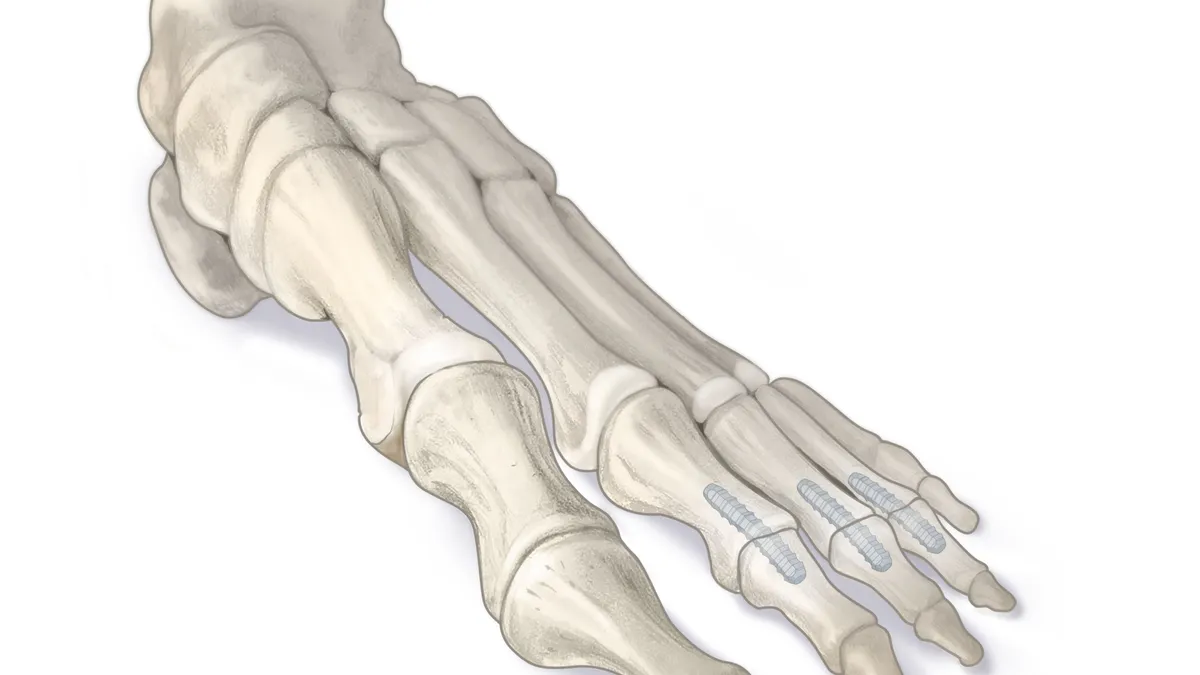Dive Brief:
- Shares of Wright Medical Group fell 8.7% Tuesday after RBC Capital Markets said some surgeons are cutting back on implants of the company’s Cartiva SCI synthetic cartilage device to treat arthritis in the big toe.
- In checks with a dozen foot and ankle specialists, RBC analysts found some surgeons were implanting fewer of the devices or have stopped offering the treatment altogether. Problems with post-operative pain, degree of motion, or the device slipping into the bone in a process known as subsidence were reported, the analysts said in a research note.
- In addition, a recent retrospective review of 64 SCI procedures by Cedars Sinai Medical Center showed a higher level of patient dissatisfaction with implant outcomes than was seen in Cartiva’s Motion clinical trial.
Dive Insight:
Wright Medical paid $435 million in October 2018 to acquire orthopaedic device maker Cartiva amid high expectations for its polymer-based implant designed to mimic the function of cartilage. Analysts considered it a hefty price tag but also were impressed with strong early adoption of the device, which offers an alternative to fusion surgery, the gold standard for treating severe arthritis in the big toe.
More recently, however, some doctors have been unable to replicate the positive results of the company’s Motion clinical trial in the broader patient population and have stopped implanting the device or are more cautious about using it. Still, the device offers a shorter recovery time and allows for greater motion, which are important considerations for some patients, the RBC report said.
"Our checks suggest SCI is still a reasonable alternative to fusion in certain patients, but Cartiva may not be the panacea some initially hoped for," analyst Brandon Henry wrote.
Wright Medical CEO Bob Palmisano has remained upbeat on prospects for Cartiva. On the company’s earnings call in May, Palmisano said sales growth for the device was exceeding expectations, and he identified the market for treatment of big toe arthritis as a $400 million opportunity.
RBC’s Henry said the opportunity for Cartiva to treat toe arthritis may be more in the range of 20% to 30% of the total market, or about $80 million to $120 million. Despite the less rosy outlook for the device, Henry maintained an outperform rating on Wright Medical’s shares. Beyond Cartiva, the company has a best-in-class portfolio of extremities products that is expected to drive double-digit annual organic revenue growth, he said.
Expanded indications for the device also could boost Cartiva’s market opportunity over time. Wright is pursuing an additional indication for use of the technology in the thumb. The device is already being used for that purpose in Europe, where it has a broad label, and a U.S. study for the thumb indication is underway.










